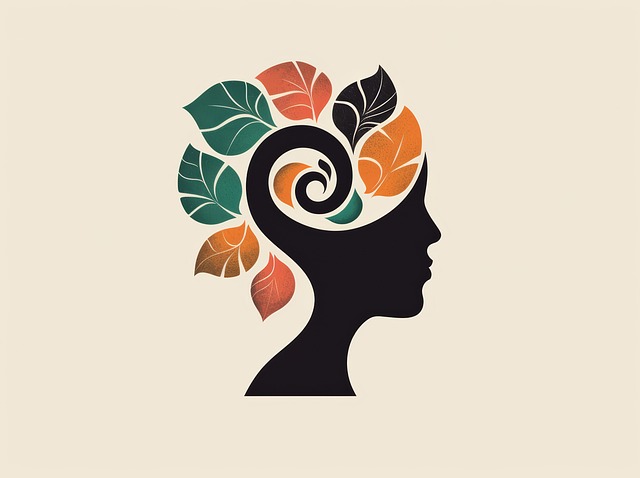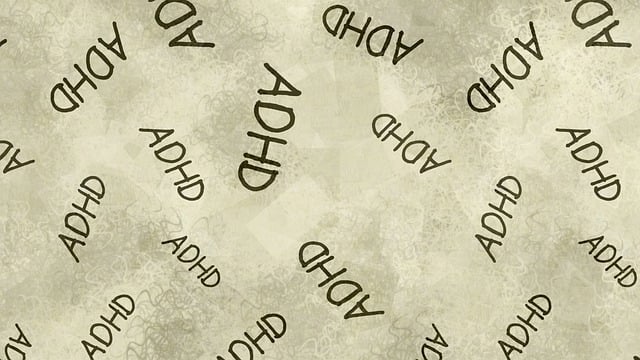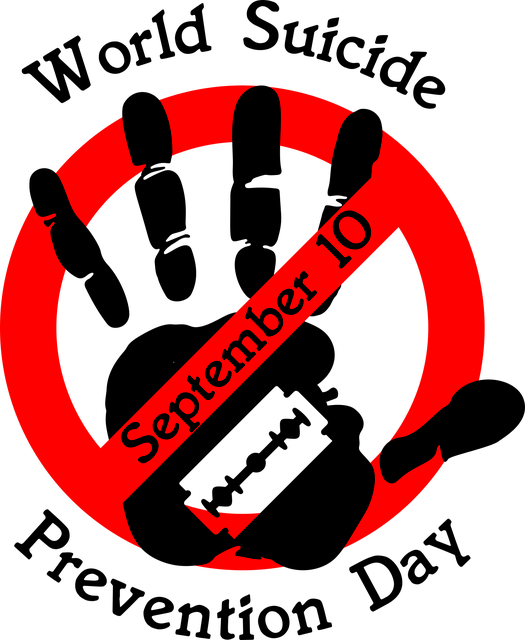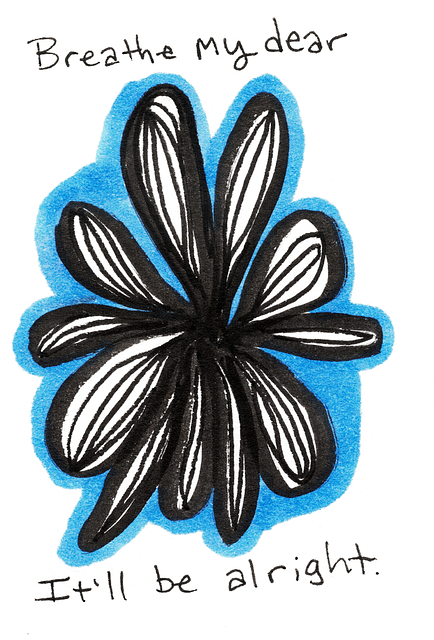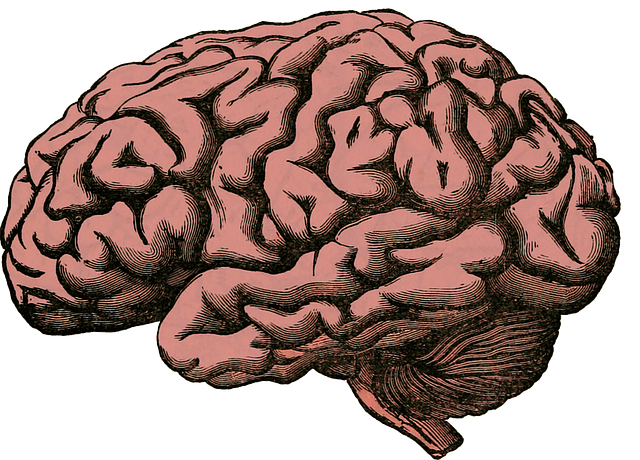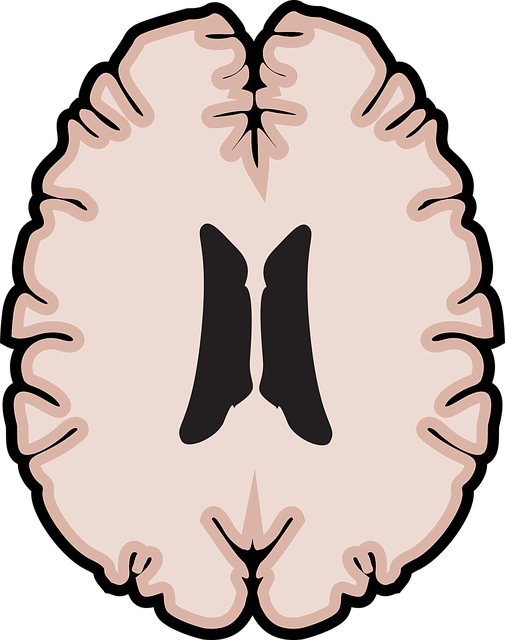Resilience is vital for children with developmental disabilities, and the Resourceful Functioning Model (RFM) provides a structured approach to enhance their emotional well-being. This model teaches coping skills, emotional regulation, and adaptability through engaging exercises tailored to their developmental stage, reducing stress for both children and caregivers. RFM strategies, focusing on resilience, flexibility, and mastery, improve therapy outcomes by equipping kids with lifelong tools for emotional regulation and problem-solving. Implementing RFM in therapy for children with developmental disabilities involves a step-by-step process, from goal setting to culturally sensitive activities, fostering engagement and confidence. Regular assessment tracks progress, enabling therapists to design personalized Mental Health Education Programs that prevent burnout and build empathy, ensuring holistic resilience-based interventions.
Resilience is a cornerstone of healthy development, especially for children with developmental disabilities. This article explores the Role of Functional Emotional Resilience Measure (RFM) in fostering resilience among these children through targeted exercises. We delve into the science behind RFM and its application in therapy, offering a step-by-step guide for practitioners. Additionally, we discuss measuring success and tracking progress to ensure effective therapy for children with developmental disabilities.
- Understanding RFM and its Role in Resilience Building for Children with Developmental Disabilities
- Designing Effective Resilience-Building Exercises for Young Minds
- Implementing RFM Strategies in Therapy Sessions: A Step-by-Step Guide
- Measuring Success and Tracking Progress: Evaluating the Impact of RFM on Child Development
Understanding RFM and its Role in Resilience Building for Children with Developmental Disabilities

Resilience is a vital aspect of mental health, especially for children with developmental disabilities who often face unique challenges and stressors. RFM (Resourceful Functioning Model) is a framework that aims to enhance resilience by teaching children coping skills and promoting emotional regulation. This approach recognizes that individuals possess inherent resources to navigate difficult situations, and it seeks to foster their ability to adapt and grow despite adversity.
By implementing RFM in therapy for children with developmental disabilities, healthcare providers can assist young clients in developing a sense of mastery over their emotions and behaviors. The model encourages the acquisition of coping skills, enabling children to manage stress, anxiety, or traumatic events effectively. Additionally, it promotes emotional regulation strategies that help them understand and control their feelings, thereby reducing the risk of burnout, a common concern among healthcare providers who work with this population. This holistic approach not only benefits the children but also equips caregivers and therapists with valuable tools to support long-term mental well-being.
Designing Effective Resilience-Building Exercises for Young Minds

Designing effective resilience-building exercises for young minds is a delicate process that requires understanding their developmental stage and unique needs. Therapy for children with developmental disabilities should focus on creating engaging activities that promote mental wellness coaching programs development. These exercises aim to foster positive thinking, self-awareness, and adaptive coping strategies. By incorporating fun and interactive elements, therapists can make the learning experience enjoyable, encouraging children to actively participate in their emotional growth journey.
When tailored appropriately, resilience-building activities can help youngsters navigate challenges, build confidence, and develop a sense of empowerment. Mental wellness is enhanced through exercises that encourage problem-solving skills, emotional regulation, and healthy stress management. This approach not only supports their current mental health but also equips them with valuable tools for life, fostering overall well-being and resilience in the face of adversity.
Implementing RFM Strategies in Therapy Sessions: A Step-by-Step Guide

Implementing RFM (Resilience, Flexibility, and Mastery) strategies in therapy sessions for children with developmental disabilities can significantly enhance their coping mechanisms and overall well-being. Here’s a step-by-step guide to help therapists integrate these effective techniques:
1. Assess Individual Needs: Begin by understanding each child’s unique challenges and strengths. Tailor RFM interventions to address specific needs, focusing on building inner strength development. Consider cultural sensitivity in mental healthcare practice to ensure the strategies are inclusive and respectful of diverse backgrounds.
2. Set Achievable Goals: Break down resilience-building goals into manageable tasks. For instance, start with simple coping mechanisms like deep breathing exercises for flexibility, then progress to problem-solving skills for mastery. Regularly review and adjust these goals to match the child’s pace, celebrating small victories along the way.
3. Incorporate Cultural Elements: Incorporate culturally sensitive activities that resonate with the child’s background. This could involve using traditional stories or music to teach resilience concepts, fostering a sense of belonging and engagement. Mental illness stigma reduction efforts can also be woven into the therapy process, helping children see their struggles as opportunities for growth.
4. Practice Role-Playing: Engage in role-playing scenarios to simulate real-life challenges. This interactive approach allows children to practice flexible thinking and adaptive behaviors. By mastering these skills in a safe environment, they gain confidence in their ability to navigate difficult situations.
5. Encourage Self-Reflection: Foster self-awareness by encouraging children to reflect on their experiences. Journaling or sharing circles can be powerful tools for processing emotions and identifying personal strengths. This introspection supports mental illness stigma reduction efforts by promoting self-acceptance and resilience.
Measuring Success and Tracking Progress: Evaluating the Impact of RFM on Child Development

Measuring Success and Tracking Progress play a pivotal role in understanding the profound impact of RFM (Resilience, Flexibility, and Mindfulness) exercises on child development, especially for those with developmental disabilities. By implementing structured assessment tools tailored to evaluate emotional regulation, coping skills, and overall well-being, therapists can gain valuable insights into each child’s unique progress. These evaluations go beyond traditional measures, delving into the intricate tapestry of a child’s mental health journey.
The effectiveness of RFM in therapy for children with developmental disabilities is evident through consistent improvements in their ability to navigate life’s challenges. Regular tracking of progress allows healthcare providers to design tailored Mental Health Education Programs that foster empathy building strategies and burnout prevention techniques, ensuring a holistic approach to resilience-based interventions. This continuous assessment enables therapists to adapt their methods, incorporating effective Empathy Building Strategies to enhance the therapeutic experience and outcomes for young minds.
The implementation of RFM (Regulation, Flexibility, and Mindfulness) strategies in therapy sessions offers a promising approach to enhancing resilience in children with developmental disabilities. By combining structured exercises with a nurturing environment, therapists can effectively support young minds in managing stress, regulating emotions, and cultivating mental flexibility. This holistic method not only aids in personal growth but also empowers children to navigate life’s challenges with greater ease. As research continues to highlight the benefits of RFM, its integration into therapy for developmental disabilities becomes an invaluable tool, fostering resilience and promoting overall well-being.
